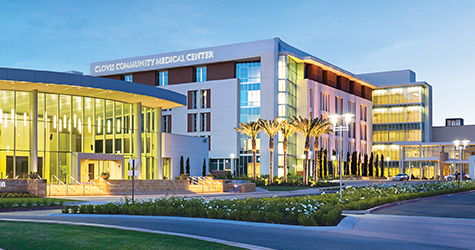
Wounds We Treat
Your physician may refer you to us because you have one of the following types of wounds:
Diabetic foot ulcers are a common complication that can occur from having diabetes. They usually develop in areas of the foot that encounter repetitive trauma and pressure. If left untreated, they can lead to osteomyelitis (bone infection) of the foot and amputation of lower extremities.
Pressure injuries are typically caused by extended pressure on the skin and underlying tissue. You may also hear them referred to as pressure sores or bedsores. Although they usually affect those who are confined to bed or who sit in a chair or wheelchair for long periods of time, they can happen to anyone.
Venous stasis ulcers usually develop on the inside of the leg, just above the ankle. They can occur when there's been high pressure in the veins of the leg, usually as the result of a minor injury.
Arterial ulcers can develop when there is a lack of blood flow to skin on the ankle, feet, heels or toes. You may also hear them referred to as ischemic ulcers or ischemic wounds. They're commonly caused by peripheral artery disease, which is reduced blood flow due to narrowing of the arteries.
Wounds caused by autoimmune diseases can be difficult to identify. Although they're similar to wounds in other conditions, a tissue biopsy may be needed to identify the correct course of treatment. These wounds require a multidisciplinary approach to treatment, and can occur as a result of the following diseases:
- Arthritis
- Calciphylaxis
- Lupus
- Pemphigoid
- Psoriasis or psoriatic arthritis
- Pyoderma gangrenosum
- Scleroderma
Malignant wounds typically contain easily irritated or necrotic (dead) tissue. They require a multidisciplinary approach and may be difficult to heal without systemic treatment or treatment of the cause (e.g. cancer).
Traumatic wounds are most commonly caused by an injury resulting in a cut, laceration or puncture, such as stepping on a nail or cutting your finger with a knife.
After a surgical procedure, you may have a wound that isn't healing normally. These are non-healing surgical wounds, and a common cause is infection at the surgical site. Medical conditions that cause decreased immune function, such as diabetes, can contribute to surgical wounds that won't heal.
Soft tissue radionecrosis is the death of soft tissues occuring as a result of radiation exposure. Soft tissue radionecrosis can cause extensive tissue death, leading to open sores on the skin. This type of wound can occur months, or even years, after ionizing radiation treatment.
Treatments
Below are examples of some of the treatments we use to treat wounds. Learn more about our hyperbaric oxygen therapy here.
Debridement helps prepare the wound bed for healing. It involves thoroughly cleaning out a wound and removing all abnormal, infected and nonviable tissue, as well as foreign debris and residual material from tissue and dressings.
There are several types of debridement that can be used to clean a wound. The method used depends on the severity of the wound and its response to healing:
There are several types of debridement that can be used to clean a wound. The method used depends on the severity of the wound and its response to healing:
- Autolytic debridement (moisture-retaining dressings and the body's natural defense mechanisms are used)
- Enzymatic debridement (a gel or ointment is applied to the infected area)
- Mechanical debridement (an agent such as water or gauze is used to wash or wipe away dead and/or infected tissue)
- Sharp debridement (unhealthy tissue is cut off)
Skin substitutes are used to help regenerate lost tissue and replace the wound with functional skin. These have the potential to stimulate chronic wound healing and reduce the medical burden these wounds create.
Advanced wound dressings regulate the wound surface by retaining moisture or absorbing fluid. Maintaining a good moisture balance minimizes discomfort before, during and after dressing changes and aids in healing. Some dressings are used for their additional antimicrobial properties.
Pressure-reducing devices can reduce or relieve pressure and are classified as static (non-moving) or dynamic. Static devices can include things like foam, water, gel and air mattresses. Dynamic devices use a power source to redistribute localized pressure.
Compression therapy is used to treat venous leg ulcers. External pressure, in the form of bandages, stockings or other devices, is applied around the lower leg to help the flow of blood from the legs to the heart.
Where to Find Us

John C. Harris
Wound Healing Center
688 Medical Center Drive East, Suite 101
Clovis, CA 93611
(559) 324-6820
We use cookies and other tools to optimize and enhance your experience on our website. View our Privacy Policy.
